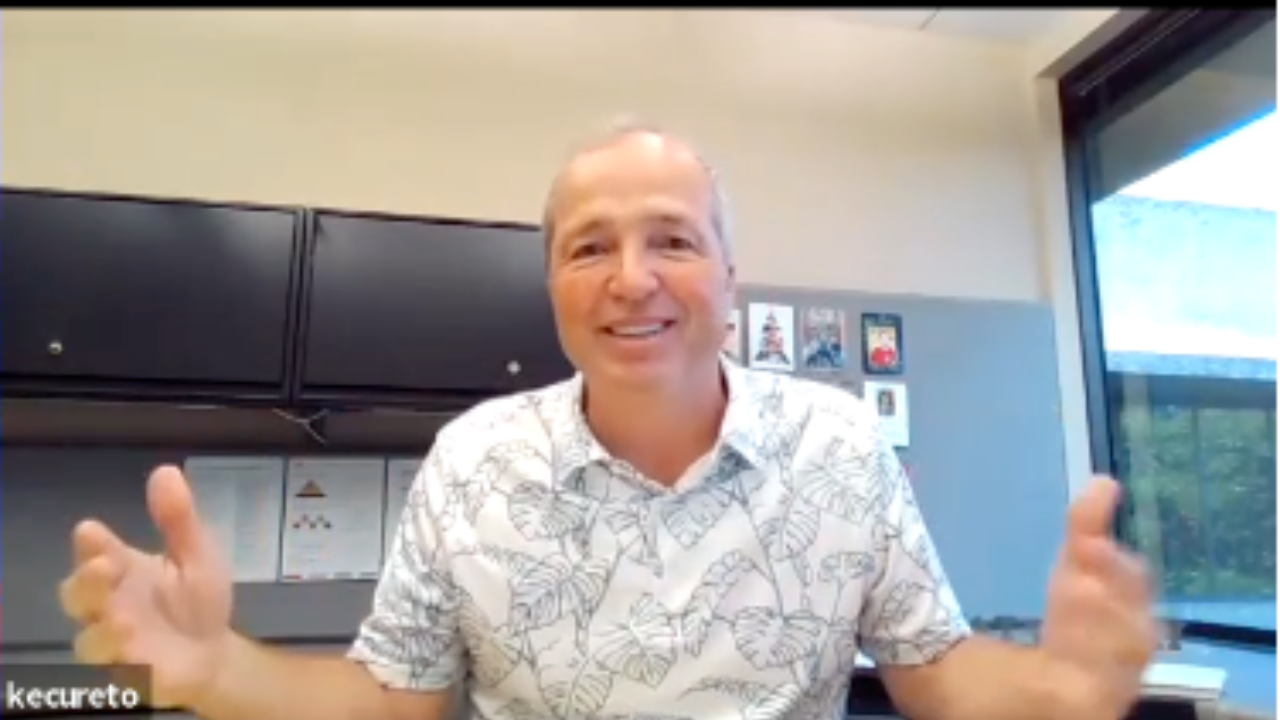All Resources
Running the Risk: What it Takes to be a Chief Risk Officer (CRO)
Elevating Value of Leading-Edge ERM: Highlights from the April 22, 2022 ERM Roundtable Summit
A Look Inside Disney’s Tax Battle
Relational Contracts and Foreign Managerial Distribution
Study Finds Empowering Workers Can Backfire

Reporting Risk Information to Boards of Directors
Protecting Brand Reputation in the Digital Age
REGISTER NOW! Master of Management, Risk and Analytics Concentration (MRA) Session, February 28, 2023
New Case Study: Using Scenario Planning to Consider Emerging Risks
